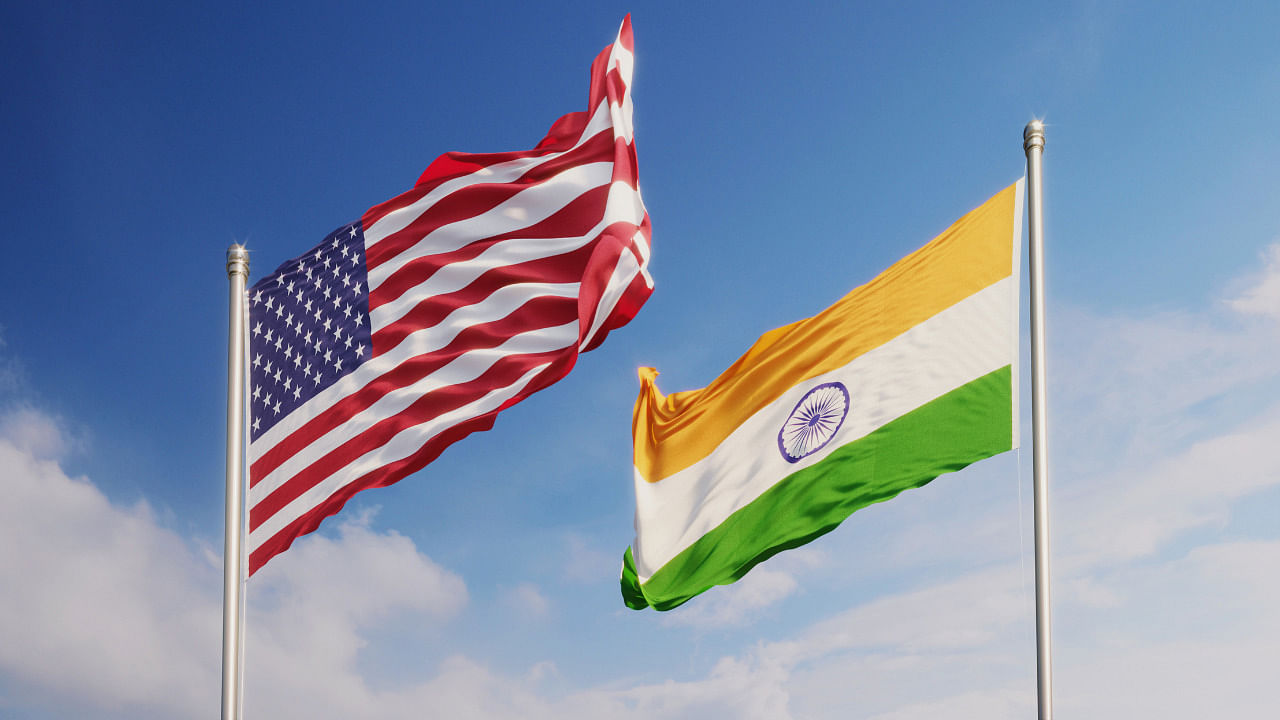
The sojourn of External Affairs Minister S. Jaishankar to Washington DC starting Wednesday arouses deep interest across India and the world. Coming as it does in the backdrop of New Delhi seeking to address challenges unleashed by the brutal second wave of the Covid-19 pandemic, a lot rides on the outcome of this visit for India in its battle against the virus that is devastating many families.
On top of Jaishankar's concerns will be how New Delhi clinches lasting commitment from pharmaceutical majors on whose vaccination doses the United States is gradually opening up its economy, public space and movement of people.
Lined up for discussions are a host of business leaders and trade bodies whose companies stepped out to donate relief to Indian patients suffering from the virus which left many gasping for breath.
The initial lukewarm response notwithstanding, the US worked swiftly to despatch supplies with the active involvement of influential sections within its political set-up, administration, businesses, civil society and Indian Americans.
Within the Democratic Party of President Joe Biden, there is a strong view that the US should continue to work with India for a prolonged period to meet several objectives.
One, deal with the immediate crisis at hand as India struggles with the second wave; two, create safeguards against subsequent waves that the medical community warns could be on the way; and third, build capacities in India to ramp up production of vaccines.
For instance, Congressman Rohit ‘Ro’ Khanna, a powerful voice within the party and the vice-chair of India Caucus, is pushing the Biden administration to do more.
In an article in the latest edition of the prestigious Foreign Affairs periodical, he supported the idea that India should be assisted to make vaccines for the world, including the two the US is using since these are produced based on the Messenger RNA Vaccine technology, which India does not have.
There are several other suggestions from the Democratic Party leaders, including the co-chair of the India Caucus Brad Sherman. He along with 50-odd colleagues on Capitol Hill wrote to President Biden requesting assistance to India. Besides the humanitarian aspect, the group underscored the concern that as long as the virus persists in India, there is a potential of additional variants posing a threat even to the vaccinated Americans.
The decisive push from the Hill and efforts by others advocating support to India will remain high on the agenda when EAM Jaishankar and his US counterpart Anthony Blinken meet this week. Of course, other aspects of regular bilateral, regional and multi-national interests to New Delhi and Washington would also be on the table especially as India exudes confidence to “shape big debates of our times”.
The way forward — a coordinator to work with India
Interestingly, veteran Democrat Jim McDermott, suggests President Biden appoint a coordinator who would work with New Delhi to facilitate seamless flow of everything that needs to be done.
Former Congressman McDermott, a founder member of the India Caucus, is of the view that the present arrangement when several organisations are reaching out to the Biden administration, the approach tends to be prescriptive.
“The way the United States is providing aid is not the way to react. We need to have a person who can sit down with Indians, find out what exactly is required and then talk to the President,” McDermott said in an exclusive interaction over the phone from Seattle.
“It is not our job to prescribe. ‘Take these pills’ approach does not work. We have been through tough times in battling the virus and the US can work with India. Based on our experience in handling the crisis, we can show the way to fight…we do not have all the answers but we can work together,” he said.
To a question, if he was willing to take up the role, McDermott said he has a great fondness for India and experience of working with aid to Africa for HIV/AIDS.
More on the plate
Jaishankar’s schedule does not show any meetings either with leaders in the Congress or members of the India Caucus. The visit provided an opportunity for the country to strengthen ties with this separate branch and take forward the conversations Indian Ambassador Taranjit Singh Sandhu is having with this influential section in Washington.
Linked to the vaccine production is another initiative that the Quad Summit decided — the US and Japan funding to build production capacity in India with Australia providing the logistics in reaching out the vaccines for countries in the Indo-Pacific.
Concerns over vaccine nationalism and the World Health Organisation to work around it through its COVAX programme received a setback with India now unable to commit supplies after initial delivery.
According to Congressman Khanna, some 82 per cent of high and upper-middle-income countries have been inoculated in the world as against a mere 0.3 per cent administered in low-income countries. “At this pace, more than 85 countries will not have widespread access to vaccines before 2023,” he said, advocating a strong American leadership across sectors.
In the global fight against containing the pandemic, India enjoys a unique position as the pharmacy of the world but the country will have to work imaginatively on a steady set of policies to convert this aapada into avasar (crisis into opportunity).
(KV Prasad is a New Delhi-based senior journalist)